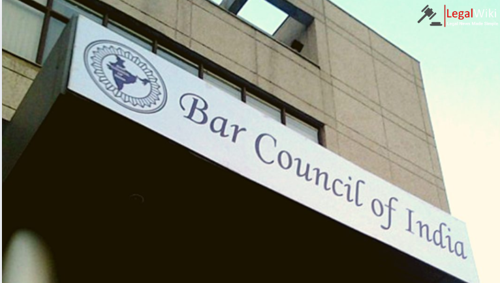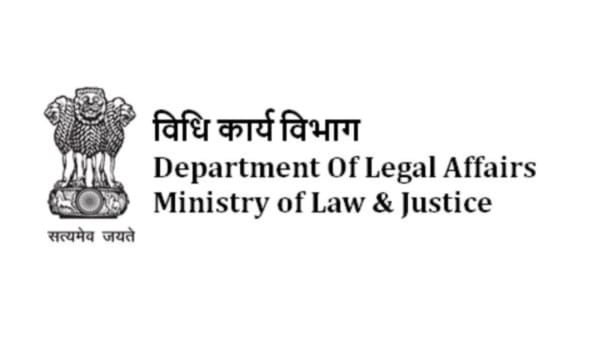Bar Council of India’s 2025 Amendment: Regulating the Entry of Foreign Law Firms and Lawyers in India

Author: Yashashvi Mishra, 5th Year Law Student, University of Allahabad
Introduction
In a landmark regulatory move, the Bar Council of India (BCI) has introduced the Bar Council of India Rules for Registration and Regulation of Foreign Lawyers and Foreign Law Firms in India (Amendment), 2025. This amendment revisits and sharpens the framework set in the original 2022 notification, providing clarity and structure to the entry and operations of foreign lawyers and law firms in India.
With cross-border transactions on the rise and global legal integration becoming more relevant, this regulatory shift aims to streamline foreign legal practice in India while ensuring reciprocity, professionalism, and ethical parity.
Key Changes Introduced by the 2025 Amendment
- Strict Registration Regime
Foreign lawyers and law firms must now register with the BCI before engaging in any legal practice, including advisory services. The application process has been made more rigorous with enhanced scrutiny of:
Nature of Practice: Limited strictly to non-litigious matters such as international arbitration, corporate advisory on foreign law, and cross-border transactions.
Disclosure Requirements: Firms must now disclose the list of foreign lawyers visiting India, their qualifications, practice areas, and duration of stay.
- Defined Scope of Practice
To prevent the unauthorized practice of Indian law, the amendment explicitly prohibits:
- Appearing before Indian courts, tribunals, or authorities.
- Drafting documents governed by Indian law.
- Engaging in any activity that constitutes the “practice of Indian law.”
- Reciprocity Clause Reinforced
The 2025 amendment strengthens the reciprocity principle, meaning foreign lawyers or law firms can operate in India only if Indian lawyers are allowed similar rights in their respective countries. This aligns with India’s long-standing protectionist approach to legal practice and ensures mutual access.
- Time-Bound Visits and Stay Regulations
Unlike earlier provisions, the amendment introduces stay duration caps:
- Foreign lawyers may stay in India for a maximum of 180 days in a year.
- They are required to inform the BCI at least 30 days prior to each visit.
- Ethical Compliance & Oversight
The BCI has also mandated that:
- All foreign lawyers must adhere to Indian professional conduct standards, including confidentiality, conflict of interest norms, and client responsibility.
- Any violation may lead to debarment, monetary penalties, or cancellation of registration.
Rationale Behind the Amendment
The legal sector in India has long debated the entry of foreign firms. While economic liberalization pushed for openness, the legal fraternity has remained cautious due to concerns about unequal competition and dilution of ethical standards.
This amendment strikes a balanced regulatory model — opening doors for foreign legal professionals, but under tight oversight, and ensuring that Indian legal sovereignty remains intact.
Implications for the Indian Legal Ecosystem
- Global Collaboration: Indian firms may now partner with foreign firms more confidently, especially in corporate law, M&A, and arbitration.
- Increased Competition: This may drive Indian law firms to adopt better infrastructure, branding, and client servicing models.
- Professional Mobility: Indian lawyers may benefit from reciprocal arrangements, gaining access to foreign legal markets.
Conclusion
The BCI’s 2025 amendment marks a significant evolution in India’s legal regulatory landscape. It reflects India’s readiness to participate in global legal practice while fiercely protecting domestic interests. With clearer rules, greater transparency, and robust checks, India seems poised for a new chapter of international legal collaboration.
For more such content, visit our website Legalwiki.co




